Ownership and usage
The postwar Japanese economy has been on a steady upward climb. The booming economy has expanded the size of companies, and the goal of both companies and people has been to own everything from land, stocks, cars, watches, jewelry, and the daily necessities. In addition, the tax and legal systems are also favorable, especially with regard to assets, and before long, people have fallen into the trap of believing that attaining ownership equates to "winning."
With the progression of asset deflation, the deepening of digital technology, and the current decline in population, consumption behaviors and how ownership works are naturally undergoing major changes. There is a trend shifting from ownership to usage. There are three factors that can prove this. The first is the emergence of the consumption behavior of only using when necessary, due to the growing desire to save money for economic reasons. The next factor is a change in what you buy. Money has become to be frequently used for leisure, communication expenses, events, etc. Younger people tend to place more importance on the consumption of experiences, and it can be assumed that the style of living is influenced by the respect for the community around them. Finally, the change in consumer values is due to a maturing consumer society. Gone are the days when cheap and good things were everywhere and spending more was a status. It can be said that we no longer have to force ourselves to buy things. In the future, society is quietly undergoing a paradigm shift from ownership to usage.
Subscription
The demand for a "stay-at-home" lifestyle has increased due to the spread of COVID-19. A typical example is a flat-rate and unlimited subscription contract. Among Internet services deployed around the world, Japan seems to be outstanding when it comes to affordable services, but recently there have been cases where it is difficult to sufficiently use the service and expenses are higher than expected, often resulting in phenomena such as "subscription fatigue" and "subscription poverty.” There have also been unusual occurrences, such as the decline in the number of users on Netflix, a major American video distribution company that had successfully continued to increase its membership since its establishment.
One of the reasons is that although the spread of COVID-19 continues, there are no restrictions when it comes to movement, leading to the return of normal consumption. It is true that as consumption spreads, the time spent on subscription services decreases, and thus, the number of subscribers is also decreasing. Consumers are beginning to review their contracts and are becoming demanding regarding content and services, and the industry urgently needs to further improve its content, differentiate, and create products and services that take cost performance into consideration. Another strategy is to appropriately understand the usage of high-priced products and services mainly used among seniors and "enthusiasts" as a hobby, and apply the implications to marketing activities.

The sharing economy and rental business
The market of sharing houses and other owned "things" is called the "sharing economy." There have always been people who want to borrow. The same applies to those who want to lend. In short, the rental business itself is by no means new. In fact, the rental business was very prosperous even in the Edo period, and everything from pots and futons to cooking utensils, travel utensils, ceremonial occasions, etc. were available for rent at rental shops. It was called the “loss shop” because the items lost value after each use and so the money was paid as a “loss fee.” In addition, it seems that bookstores, where customers would borrow books, was also in business.
In the 21st century, as the digital society progressed, Airbnb, which mediates the rental and borrowing of vacant rooms, and Uber, which provides ride-sharing and ride-hailing services, have been developing their businesses as pioneers of this new type of service. Recently, rental businesses that make effective use of idle assets have been attracting attention around the world, and new business models are emerging in Japan and Asia, like bamboo shoots after rain. There is a high possibility that fresh new business ideas will continue to emerge in the future.

Liquid consumption
With the development of the digital society, "liquid consumption," a new style of consumption that does not require the permanent ownership of products and services, but rather offers sharing and rental services, has increased and is attracting attention. The original meaning of "liquid" is (1) a free-flowing substance, (2) cosmetics, like hair liquids, etc., and does not refer to a large amount of water, but to droplets and a small amount of water.
Proposed by Professor Fleura Bardhi and Professor Giana Eckhardt from the University of London, it is consumption via transactions where ownership does not transfer and occur in short-term cycles that exhibits changes in the modern consumption behaviors. In addition to sharing and rental, it also includes subscriptions and consumption of experiences, etc. It is a counter concept to "solid consumption," which is how goods and services were purchased up to now, and the increase in "liquid consumption" has expanded the patterns of consumption.
It can be said that there are four factors behind the spread of "liquid consumption." The first is the trend shifting from “ownership to usage.” Consumption these days is becoming more demanding of experiences rather than possessions. The value of material thing has decreased, and sharing or renting alone has become sufficient. It can be said that the bar for ownership has been lowered. Next is the “development of the digital society.” The consumption of services has become widespread due to the progress of digitalization. Considering cost performance, you don't have to bother to buy things, but you can use subscriptions and rentals instead. Another factor is the increased use of social media, where you can build your own brand image as long as images, videos, and other social media content shows you possessing a certain product or brand even if you do not own them. The third is "ease and convenience." The Internet has made it possible to obtain things with ease and in a shorter time. It can be said that the progress of digitization has realized efficient consumption styles. Lastly, we would like to talk about "raising awareness of environmental issues." Mass consumption behaviors have produced a lot of waste and had a negative impact on the environment. With the growing awareness of environmental issues spreading among young people, the minimalistic values of owning only what is necessary and using it with care for a long time is becoming mainstream. Showa era (1926-1989) = quantity, Heisei (1989-2019) = quality, Reiwa (2019-) = adequacy. Each is a consumption behavior that is emphasized according to the changes of the times.
Future marketing strategies will need to appropriately respond to the ever-expanding liquid consumption.
Everything solid is dissolving and turning into a liquid.
※日本語での記事はこちらをご確認ください

デジタル社会の発展と共に、シェアやレンタルなど商品・サービスの購入による永続的な所有をしない新しい消費スタイル「リキッド消費」が広まり、注目されています。その背景と、所有から利用へのトレンドの要因を、広告・マーケティング業界に40年近く従事し、現在は株式会社創造開発研究所所長を務めている渡部数俊氏に解説いただきました。

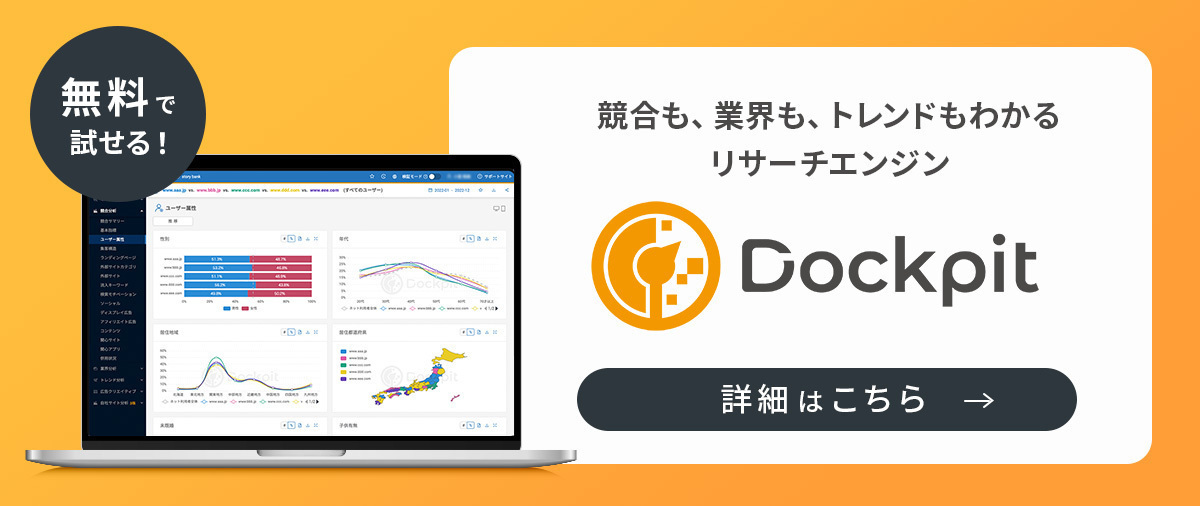
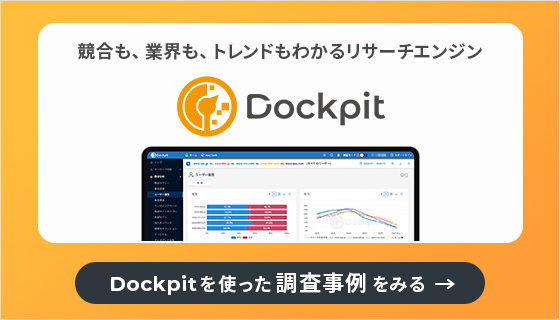

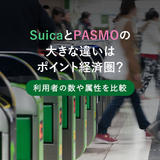




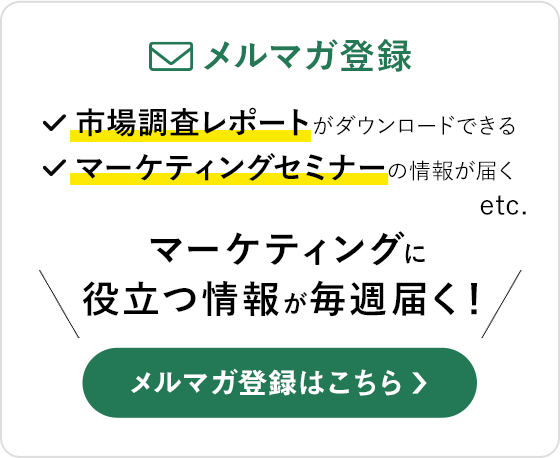

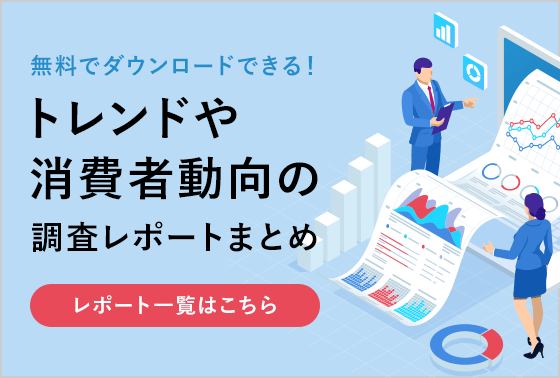





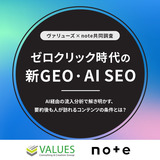



マナミナは" まなべるみんなのデータマーケティング・マガジン "。
市場の動向や消費者の気持ちをデータを調査して伝えます。
編集部は、メディア出身者やデータ分析プロジェクト経験者、マーケティングコンサルタント、広告代理店出身者まで、様々なバックグラウンドのメンバーが集まりました。イメージは「仲の良いパートナー会社の人」。難しいことも簡単に、「みんながまなべる」メディアをめざして、日々情報を発信しています。